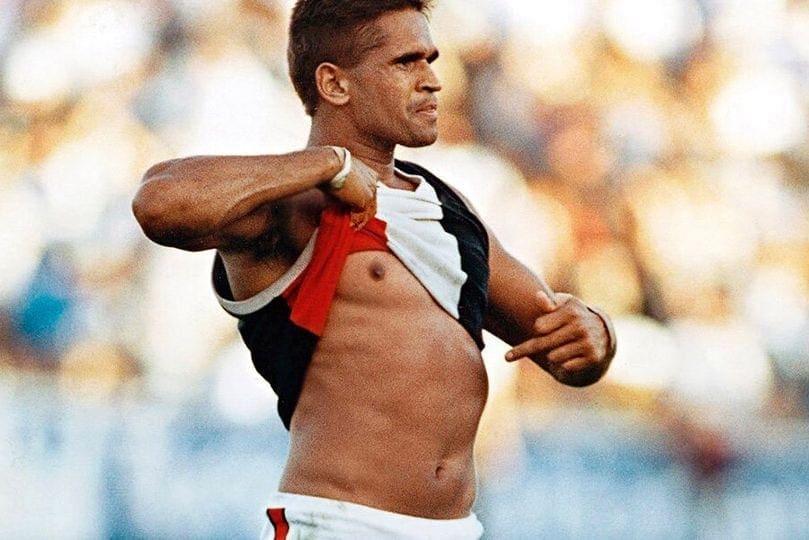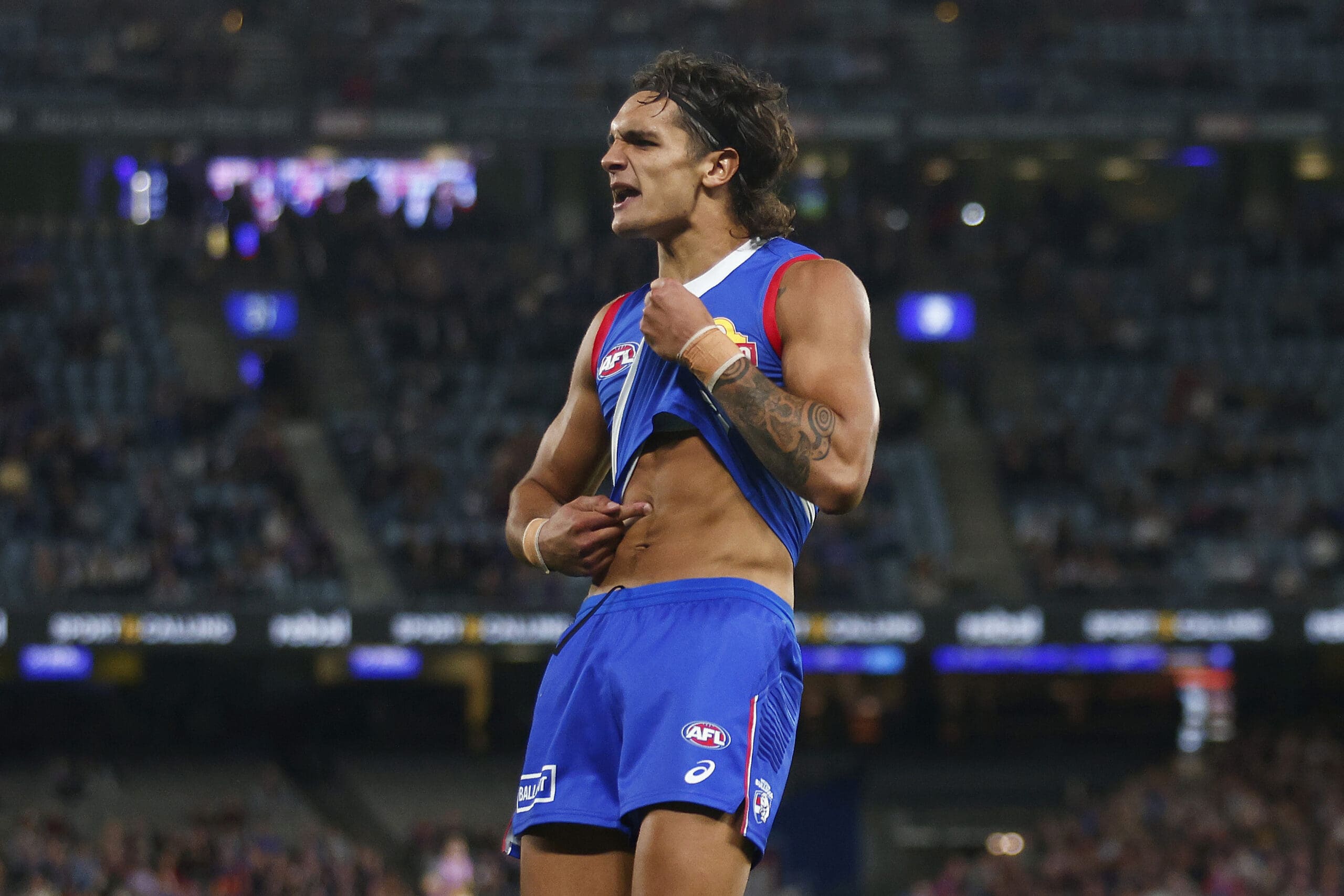April 17.
A date to remember, marked by the official opening of the ancestral home in Moorabbin in 1965 and the Nicky Winmar stand against racism in 1993.
St Kilda Football Club has long been established in Australian Rules history, dating back to their inception in 1873.
Standing as one of the oldest sporting institutions in the world, the story of the red, white and black spans over 150 years.
With over 1600 players representing the Saints, with more to follow, the club based in Melbourne's south-east is steeped in significant events that have shaped our great game.
April 17, 1965.
"St Kilda played its first home and away game at its new home, Moorabbin, in front of more than 51,000 people. Yep. They crammed them in that day. The Saints went on to beat Collingwood by a goal."
Joining the league in 1897, the Saints' then-home ground at Junction Oval was a contributing factor to their invitation for its central location, size and crowd capacity.
Fast-forward to 1964, the club departed Junction Oval, seeking a relocation for the opportunity to own its own ground and have full control over the facilities following ongoing disputes with the St Kilda Cricket Club.
MORE: While Winmar's wounds heal, our song of shame remains the same
Enter Moorabbin.
The move wasn't well received initially, but when a record crowd of 51,730 fans flocked to the Saints' new home to defeat Collingwood, all was forgotten.
Ironically, 1965 saw St Kilda storm to the top of the ladder, winning 14 games and securing its first minor premiership in the 92 years since joining the VFL.
Despite ending in heartache, the year 1966 is etched into the hearts and minds of every Saint supporter past, present and future, with the club securing its solitary premiership against the Pies by one point at the MCG.
Moorabbin hosted all home games until 1993 when the league constructed Waverley Park (aka VFL Park).
Even today, Moorabbin is the home of the Saints and will always be a key part of its prolonged history.
April 17, 1993.
Victoria Park. Game against Collingwood.
This date would occupy people's brains as the time St Kilda footballer Nicky Winmar took a public stance against racism.

"Through fading April light, a cocked middle finger from a taped left hand pointed at a full set of abs. The right hand, also bound by strapping, held a red, white, and black jumper aloft, bearing a black torso defiantly toward the Sherrin Stand."
Winmar said then, as he does now: "I'm black and I'm proud."
The Saints' gesture paved the way for a new code of conduct that was the first of its kind in Australia and ignited a national discussion on racism in sport.
The introduction of Rule 30 states: "No player … shall act towards or speak to any other person in a manner, or engage in any other conduct which threatens, disparages, vilifies or insults another person … based on that person's race, religion, colour, descent or national or ethnic origin," was introduced two years later.
Despite Winmar's protest, racism still persists in the game.
But what he did on April 17 was encourage indigenous players and people to stand up against racial abuse.
Sydney champion Adam Goodes called out racial vilification in 2013; Jamarra Ugle-Hagan had his own Winmar moment in 2023.

The unfortunate truth is that it continues to happen but without Winmar's efforts, we would've been a lot further back than we are today.


























